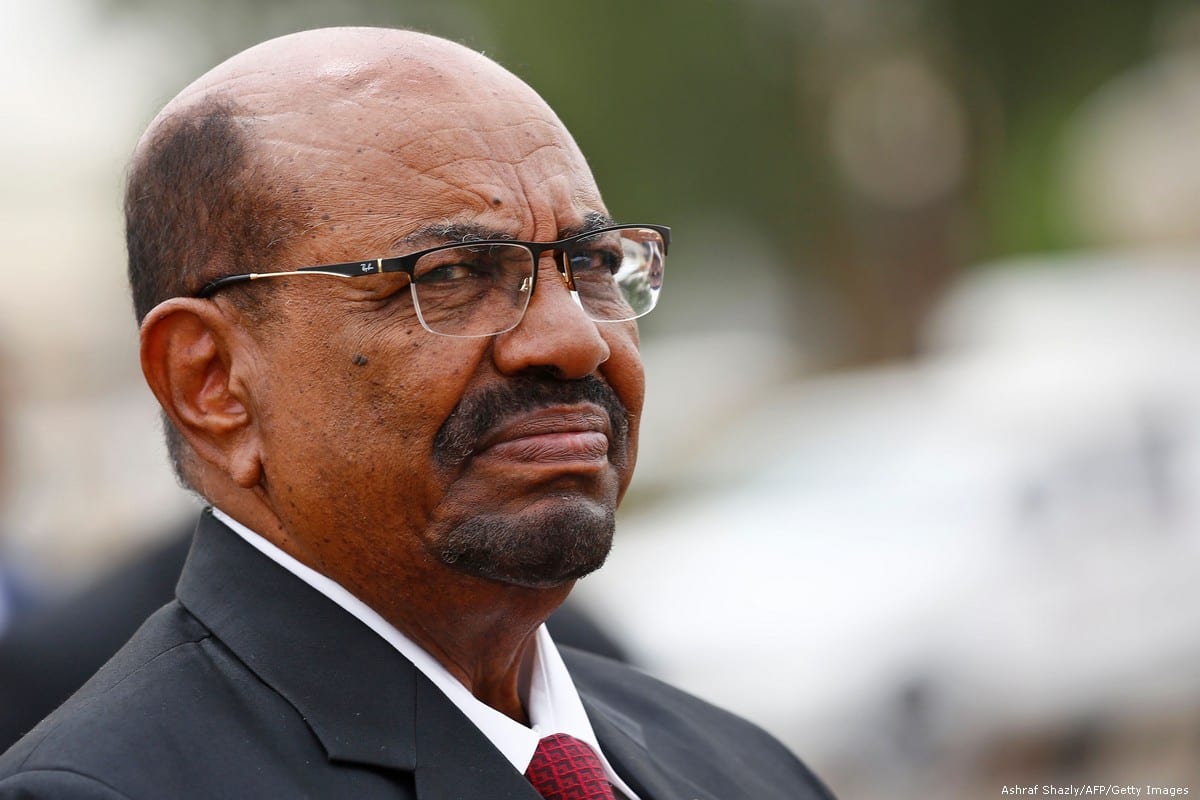1878
Cyprus is connected to Africa via a telegraph line from Larnaca, Cyprus to Alexandria, Egypt.


Cyprus is connected to Africa via a telegraph line from Larnaca, Cyprus to Alexandria, Egypt.

A red-brick clock tower becomes the timeless landmark of Blantyre, Nyasaland (Malawi). The Queen Victoria Clock Tower is dedicated to the memory of Britain’s late monarch. In 1946, the clock will be re-dedicated to the 145 people who drowned in the sinking of the MV Viphya on Lake Malawi.

Barsirian Arap Manyei, leader of the Nandi people of East Africa, is arrested by colonial police on suspicion that he will lead an uprising in British Kenya. Manyei is the son of Koitalel Arap Samoei, the Nandi leader assassinated by the British in 1905. Tension has risen in the Nandi nation since the British banned the sale of cattle outside their area, as a precaution against rinderpest. With no cash, the Nandi cannot pay their British taxes, and are forced to labour for white employers to pay off their tax debts. Manyei is detained for 41 years until Kenya’s independence from Britain in 1964, making him the country’s longest held political prisoner. (pic: Upon his release, Manyei, right, with Kenya President Jomo Kenyatta, left)

The British forces’ counter-attack halts against the Italian army, which is invading Sudan during World War II. Thus far, the Italians have successfully advanced toward Khartoum.

The United Nations Food and Agriculture Organisation is founded, with the Latin motto “FIAT PANTIS” – “Let there be bread.” The FAO will conduct critically-important evaluations of African countries’ agricultural output to mitigate famine and to establish sustainable food-producing agricultural practices.

Egypt’s government declares that Egypt and Sudan are legally united as the Kingdom of Egypt and Sudan. Egyptian King Farouk becomes the King of Egypt and Sudan.

South African-born Max Theiler is awarded the Nobel Prize in Medicine, for developing a life-saving vaccine against Yellow Fever.

The Mayor of Salisbury (Harare) Southern Rhodesia (Zimbabwe) announces a city evaluation of £100million (worth £2,33billion in 2022), making it the fourth wealthiest city in Southern Africa. The wealthiest city in sub-Saharan Africa is Johannesburg, South Africa, worth £415,697,456 (£9,7billion in 2022), followed by two other South African cities: Cape Town at £155,110,541 (£3.63 billion in 2022) and Durban at £152,357,000 (£3.56 billion in 2022).

As spring travel season gets underway in Southern Africa, a new breed of “Hemingway” tourists arrive, inspired by American writer Ernest Hemingway. Empowered by new road networks that make it easy to conduct personal auto safaris, they want to look like and act like 19th century explorers but also enjoy all modern luxuries. This species of tourists is critiqued by travel writer Lawrence Green, who writes of his fellow South Africans in Rhodesia (Zimbabwe), “People enter the Victoria Falls Hotel looking like dusty bands of dog-robbers. They simply have not got the sort of clothes that fit into a background of sophistication and elegance. Shorts do not go with chandeliers; bush shirts form a strange contrast with soft rugs and polished furniture. I have never encountered such at a five star hotel.”

The International Court of Justice rules that neither Morocco nor Mauritania has historical rights to claim and annex Spanish Sahara (Western Sahara). It is entirely up to the Saharawi people themselves to determine their future as an independent state.

Installed in a coup d’état four years ago, Omar al-Bashir appoints himself “President” of Sudan, but assumes all executive and legislative powers and effectively becomes a dictator.

Sharm-el-Sheikh, Egypt is the location chosen for an emergency summit to address an outbreak in Israeli and Palestinian violence. U.S. President Bill Clinton (pic: centre) brokers talks that include Palestinian Liberation Organisation chairman Yassar Arafat (pic: left), Egypt’s President Hosni Mubarak (pic: right), Israeli Prime Minister Ehud Barak, Jordan’s King Abdullah II and U.N. Secretary-General Kofi Annan. An agreement is reached to end hostilities.


Writer and activist, in Eboe (Igbo), Kingdom of Benin. Kidnapped from his home in what will become Nigeria, he was sold into slavery, but worked hard until he purchased his freedom. He joined the Sons of Africa, a group of freed Africans living in Britain who sought to end the slave trade, and became an influential voice in the abolitionist movement.

Pioneering Nigerian businesswoman, in Oguta, Imo State, British Nigeria. She opened retail stores in 1948 in Port Harcourt and other cities, trading in cosmetics, gunpowder and textiles, while also serving as the East Nigeria manager of the United Africa Company. By the 1950s, she was West Africa’s richest woman, and ranked among the region’s wealthiest individuals.

Congolese guitarist and composer, in Léopoldville, Belgian Congo. As a member of the Democratic Republic of Congo’s dominant band TPOK-Jazz from 1968, and other bands including his own, he pioneered an up-beat variation on Congo Rhumba called Soukous.

Malawian writer, editor and teacher, in Luanshya, Northern Rhodesia. He became the first Malawian writer to have a book of poetry published in English, with the release of his collection Visions and Reflections in 1972. Critical-acclaim and a wide-readership has made him Malawi’s best-known writer.

South African choreographer, in Soweto, Johannesburg, South Africa. An internationally renowned dancer, choreographer, teacher and director – among his awards is the Chevalier de l’Ordre desArts et des Lettres (Knight of the Arts & Literature) Award from the French government - he founded Vuyani Dance Theatre in 1999. His work combines traditional African and Western dance styles.

Nigerian disc jockey and record producer, in St. Austell, England. By the time he won the “World Best DJ” award in 2010, he had collaborated with several international recording stars, including Ne-Yo, Rihanna, and Wizkid.